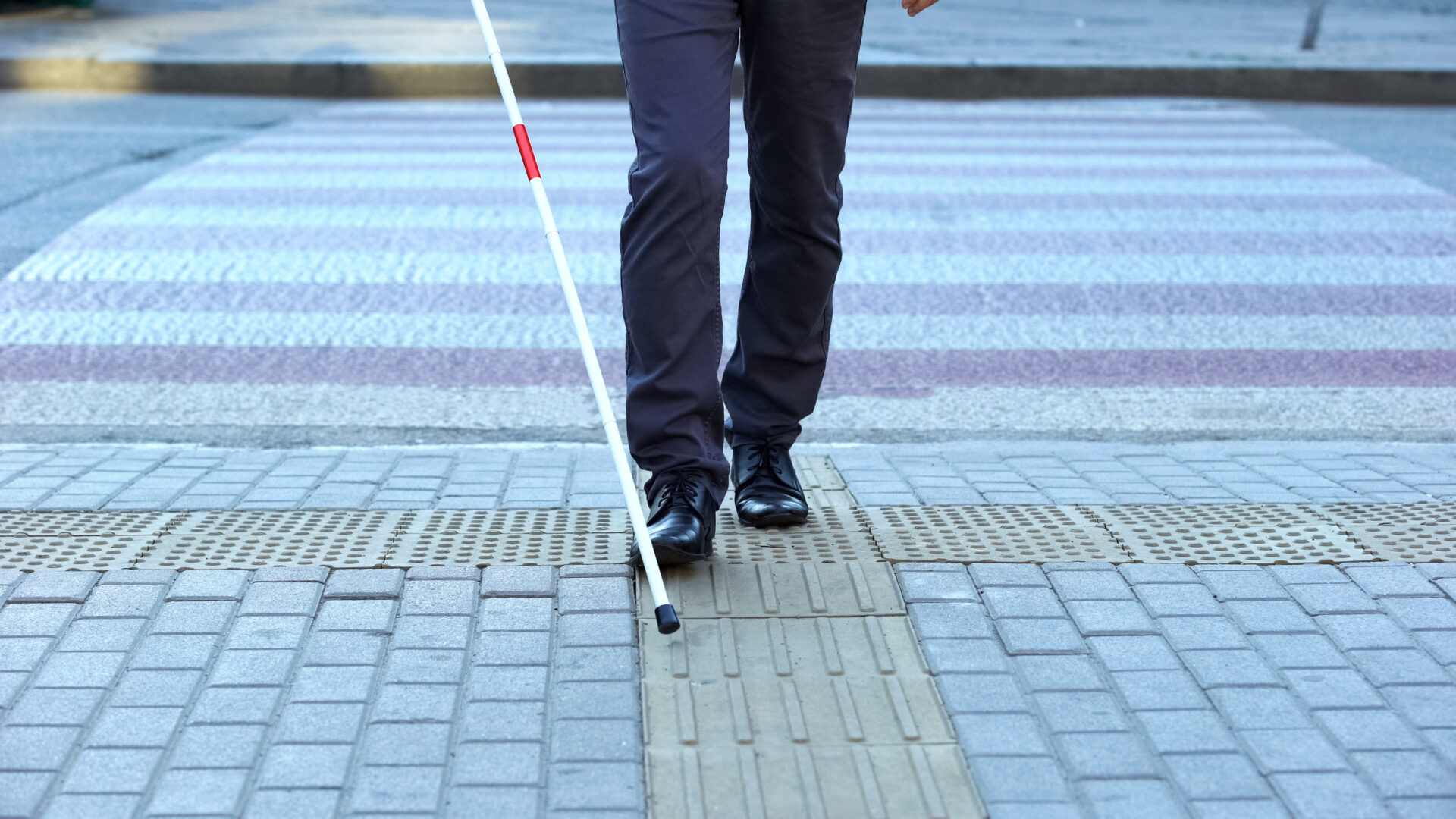When applying for Social Security Disability (SSD) benefits, the process can be complex and overwhelming. In fact, many first-time applicants face the frustrating experience of having their claims denied. According to the Social Security Administration (SSA), about 70% of initial disability claims are rejected, making it crucial for applicants to understand why these denials occur and how to prevent them. By knowing the common reasons for denial and taking proactive steps, you can significantly increase your chances of approval.
In this blog, we’ll explore the top reasons Social Security Disability claims are denied and how you can avoid these pitfalls. Additionally, we’ll explain how the experienced legal team at Smith & Beckey can guide you through the process, ensuring your claim is as strong as possible.

1. Failure to Meet the SSA’s Definition of Disability
One of the most common reasons SSD claims are denied is because the applicant does not meet the Social Security Administration’s strict definition of disability. The SSA has a very specific criteria for determining who qualifies for disability benefits:
- You must have a medical condition that prevents you from performing “substantial gainful activity” (SGA).
- Your condition must be expected to last at least 12 months or result in death.
Many claimants are denied because their condition does not meet these guidelines, or they may not have documented proof of a severe disability that limits their ability to work.
How to Avoid It: Ensure that your medical records clearly reflect how your condition limits your ability to work and perform daily activities. The SSA requires objective medical evidence, such as lab reports, doctor’s notes, and imaging studies, to prove that your disability is severe and ongoing. Your healthcare providers should provide thorough documentation that includes your diagnosis, symptoms, and the impact of your disability on your ability to work.
Get Help from Experts:
Navigating the SSA’s definition of disability can be confusing. An experienced attorney from Smith & Beckey can help you ensure that your medical records and supporting documents clearly meet SSA requirements, giving you the best chance of approval.
2. Insufficient Medical Evidence
Social Security Disability is a benefit that is granted based on medical evidence. Without sufficient proof of your disability, your claim will likely be denied. The SSA requires medical documentation from qualified healthcare providers to substantiate your claim. If you have a medical condition but cannot provide adequate documentation, your claim could be rejected.
How to Avoid It: Gather all relevant medical records and submit them with your application. This includes records from your doctor, specialists, hospitals, and any diagnostic tests that support your claim. Make sure the records demonstrate not only the presence of a medical condition but also its impact on your ability to perform daily tasks and work-related activities.
What You Can Do:
If you are struggling to collect the required evidence, consider working with your healthcare provider to ensure all necessary documentation is submitted. If necessary, request a referral to specialists who can help substantiate your claim.

3. Not Following Treatment Plans
The SSA expects that applicants will follow their doctor’s prescribed treatment plans. If you fail to adhere to prescribed treatments, such as physical therapy, medications, or surgeries, the SSA may deny your claim. The rationale is that if a claimant does not make an effort to treat their condition, it is seen as an indication that the disability may not be as severe as reported.
How to Avoid It: Follow all recommended treatments and attend scheduled medical appointments. If you are unable to follow a treatment plan due to financial or personal reasons, make sure to document your efforts to seek care. In your disability application, note any challenges you’ve faced in obtaining or adhering to treatment, such as financial barriers or medical complications.
What to Do Next:
Stay diligent about medical visits and treatments. If there is a legitimate reason for not following a treatment plan, such as severe side effects, make sure your doctor documents this.
4. Too Much Work Activity
If you are still working or engaging in any type of substantial gainful activity (SGA), your SSD application could be denied. The SSA uses a specific earnings threshold to determine whether you are still able to work and earn a living. For 2024, if you earn more than $1,470 per month ($2,460 for blind individuals), the SSA will generally consider you able to engage in SGA, which disqualifies you from receiving benefits.
How to Avoid It: To improve your chances of success, reduce your work activity, if possible. The SSA may still approve a claim if your condition severely limits your ability to work, even if you’re earning some income. However, if your earnings exceed the SGA limit, your claim is likely to be denied.
Important Consideration:
If you are working part-time or in a limited capacity due to your disability, ensure that the work you’re doing reflects your disability’s constraints. Keep detailed records of your work activities, limitations, and how your condition impacts your ability to perform tasks.
5. Inconsistent Information
Another common reason for claim denials is conflicting or inconsistent information. If the SSA finds discrepancies in your application, such as conflicting statements between your medical records, work history, or personal details, it may lead to a denial. This is especially true when there are inconsistencies in the way you describe your symptoms or work limitations.
How to Avoid It: Be consistent in all of your applications, medical forms, and communications. Double-check that the information you submit is accurate, complete, and matches what’s in your medical records. If you have any changes in your condition, be sure to notify the SSA right away.
What You Can Do:
Before submitting any forms or applications, review them for consistency. If you’re uncertain about something, an attorney can help ensure your application is cohesive and complete.
6. Missing Deadlines or Incomplete Paperwork
The SSD application process has strict deadlines. Missing a deadline, failing to submit required forms, or providing incomplete information are common reasons for claim denials. Additionally, not attending SSA-required interviews or medical examinations could result in a denial.
How to Avoid It: Stay organized and make sure you meet all deadlines. Keep track of all forms you need to submit and ensure they are filled out correctly. If you are asked to attend a medical exam or interview, be sure to comply with the SSA’s requests in a timely manner.
Tips for Staying on Track:
Set reminders for all upcoming deadlines. It can also help to work with an attorney or legal team that can assist with filing paperwork and submitting forms promptly.
7. Prior Denials or Lack of Appeal
Many applicants give up after receiving an initial denial. However, just because your claim is denied doesn’t mean it’s the end of the road. In fact, it’s common for initial applications to be rejected, and you can appeal the decision. If you do not file an appeal within the 60-day deadline after receiving a denial, you lose the right to contest the decision.
How to Avoid It: If your claim is denied, don’t despair. Instead, file an appeal as soon as possible. A skilled SSD attorney can help you understand the reasons for the denial and guide you through the appeal process to improve your chances of success.
How Smith & Beckey Can Help:
Our team of experienced attorneys at Smith & Beckey can help you navigate the appeals process and ensure that your case is presented in the best light possible. We can assist in gathering additional evidence, working with medical professionals, and ensuring that your claim is properly filed.

Final Thoughts
Navigating the Social Security Disability process can be overwhelming, but understanding the common reasons claims are denied can help you avoid costly mistakes. By ensuring that your application is complete, well-documented, and free from inconsistencies, you can significantly increase your chances of approval. If you encounter challenges, remember that help is available.
The Smith & Beckey team is here to support you every step of the way. Whether you need help gathering medical evidence, filing your initial application, or appealing a denial, we’re committed to securing the benefits you deserve.Contact us today to learn how we can help you with your Social Security Disability claim.




